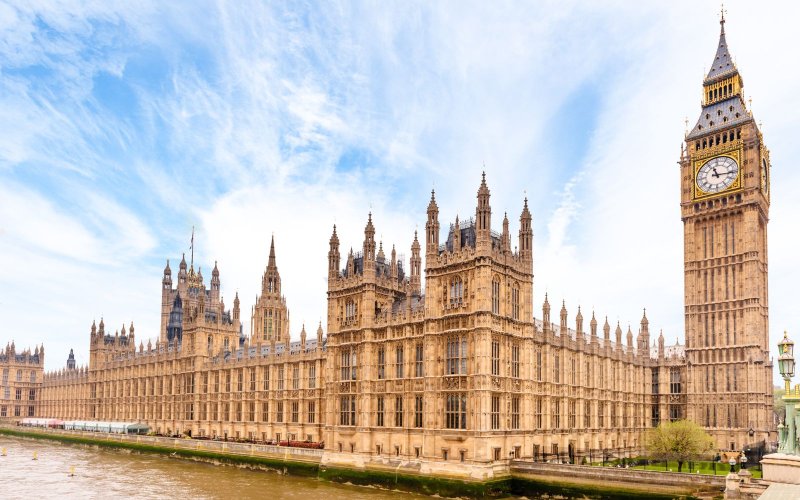
As the 30 October Autumn Budget approaches, speculation is rife about potential changes to key areas of taxation. At Ashgates, we've been closely monitoring the rumours and analysing potential impacts any changes could have on you and your business.
In this article, our Tax Director, Steve Martin, provides his insights as to what might be in store for Capital Gains Tax (CGT), Inheritance Tax (IHT), and pensions.
Capital Gains Tax: Preparing for Possible Increases
The Autumn Statement may bring changes to Capital Gains Tax (CGT), potentially including:
- Increasing the standard rates of CGT
- Removal of Business Asset Disposal Relief (BADR)
- Removal of Employee Ownership Trusts (EOTs)
- Removal of the minimum CGT-free allowance (currently £3,000, or £1,500 for trusts)
- Potential expansion of CGT to assets that are currently exempt.
In light of these potential changes and depending on when they're set to change, businesses could consider a number of planning opportunities:
- Expediting Existing Transactions: If you're currently involved in a transaction if any changes are announced, you could consider pushing it through before there's any change to secure the current CGT rates.
- Trigger CGT Charges Now: For transactions planned in the next 12-18 months, triggering a CGT charge now could result in a base cost uplift, potentially reducing your future tax liabilities.
- Reviewing Group Structures: If you're planning a sale in the medium term, you should consider whether creating or restructuring a group would be advantageous from a tax perspective.
- Considering Employee Ownership Trusts (EOTs): If you're looking to sell your business in the next 3 years, selling an interest to an EOT could generate significant tax-free proceeds.
Inheritance Tax: Labour's Potential Overhaul
Labour has hinted at a comprehensive review of IHT, which could influence future policy direction. Potential changes include:
- Taxing Private Pensions: Introduction of a tax charge on private pensions, which are currently exempt from IHT.
- Capital Gains Tax Revaluation on Death: Possible removal or restriction of the CGT revaluation upon death.
- Lifetime Gifting Rules: Potential restrictions on tax-free lifetime gifts, possibly limiting them to the value of the nil rate band or extending the seven-year potentially exempt period to ten years.
- Agricultural and Business Relief: Possible reductions in relief rates or tightening of qualification criteria for these reliefs.
- Nil Rate Band Adjustments: Review of existing nil rate bands, including the main nil rate band and the residence nil rate band.
Pensions: Potential Shifts in the Landscape
The pension system could see significant changes in the upcoming budget. There could be three main areas of focus:
- Tax Relief Adjustments: There's talk of altering how tax relief is applied to pension contributions. This could involve restricting relief to a set rate, potentially impacting higher earners.
- Tax-Free Cash Limitations: While the 25% tax-free withdrawal may remain, the maximum amount of tax-free cash that can be drawn from pensions might be capped at a lower level than the current £268,275.
- Death Benefit Taxation: The government might introduce taxes on pensions upon death, possibly by removing the income tax exemption for death before 75 in certain cases or by making pensions subject to a flat rate of tax upon death.
- NI Contributions: Labour’s manifesto ruled raising National Insurance, however they may argue that this was only meant for employees. That’s why a rise in employer contributions can’t be ruled out.
It's worth noting that any changes to pensions may not take immediate effect, with some speculating that changes could be implemented from 6 April 2025. This would give you time to adapt your retirement planning strategies.
History has shown that significant pension changes often come with protective measures. For example, when the lifetime allowance was reduced, the government introduced Fixed and Individual Protections, allowing people to preserve their existing allowances. Similar transitional protections might be introduced for any substantial changes announced in this budget.
Despite these potential changes, pensions are likely to remain one of the most tax-efficient ways to save for retirement. Any significant changes are usually accompanied by transitional protections to ensure individuals are not unfairly disadvantaged.
Planning for the road ahead
While these potential changes are still speculative, they underscore the importance of staying informed and adaptable in your financial planning. At Ashgates, we'll work with you to understand how any changes may impact you personally, and together we will develop strategies that can withstand shifts in the tax landscape.
Remember, major changes often come with transitional periods and protections, so taking time to plan is key. If you have any questions or concerns about how these potential changes might affect you, please get in touch with Steve Martin on 01332 380691.
We're here to provide personalised advice and help you prepare for whatever the Autumn Budget may bring.
